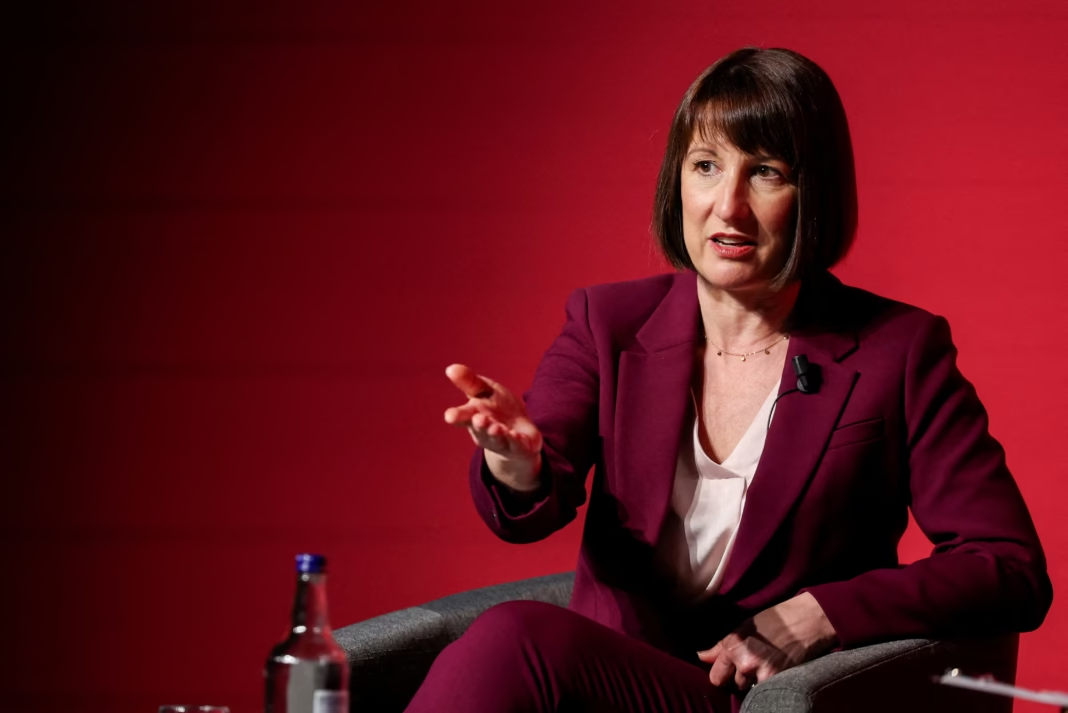Chancellor Rachel Reeves has placed the Brexit economic impact at the center of her latest remarks to global finance leaders. Speaking at an International Monetary Fund committee, Reeves warned that Brexit continues to damage the UK economy in the long term.
During the meeting, the chancellor told finance ministers and central bankers that leaving the EU worsened Britain’s productivity problems. She cited the Office for Budget Responsibility’s estimate of a 4% permanent output loss compared to staying in the EU.
Reeves said the government “acknowledges this” challenge and plans to strengthen trade ties to repair the damage. Her comments show a clear shift in tone. Recently, Labour ministers have become more open in discussing Brexit’s economic downsides. This open acknowledgment of the Brexit economic impact marks a major change in government messaging. Reeves delivered her remarks to senior figures from the G7, China, India, and major European institutions.
The issue is expected to shape the upcoming Budget on November 26. Officials believe the OBR’s report will link weak productivity and low investment to Brexit disruptions. Economists have already highlighted a drop in investment and poor goods trade since the referendum.
However, analysts note that services trade remains strong. Brexit has also allowed Britain to strike new trade deals globally. Even so, pressure is growing for a “Brexit reset.” This could reduce post-Brexit checks on food imports and help UK manufacturers rejoin European defense supply chains.
European finance ministers have urged Britain to approach the talks with ambition. They believe this could offset the wider effects of global trade tensions. At home, Reeves faces fresh fiscal challenges. After announcing £40 billion in annual tax rises last year, she now confronts renewed financial strain. Further tax changes may be needed to stabilize public finances.
Meanwhile, Conservatives are taking a contrasting approach. At their recent conference, they vowed to cut £47 billion in public spending. The plan includes major reductions to welfare, the civil service, and foreign aid. As the November Budget approaches, the Brexit economic impact will dominate political debate. Reeves’ decision to face the issue directly marks a turning point in Britain’s post-Brexit economic story.
For more updates, follow London Pulse News.


